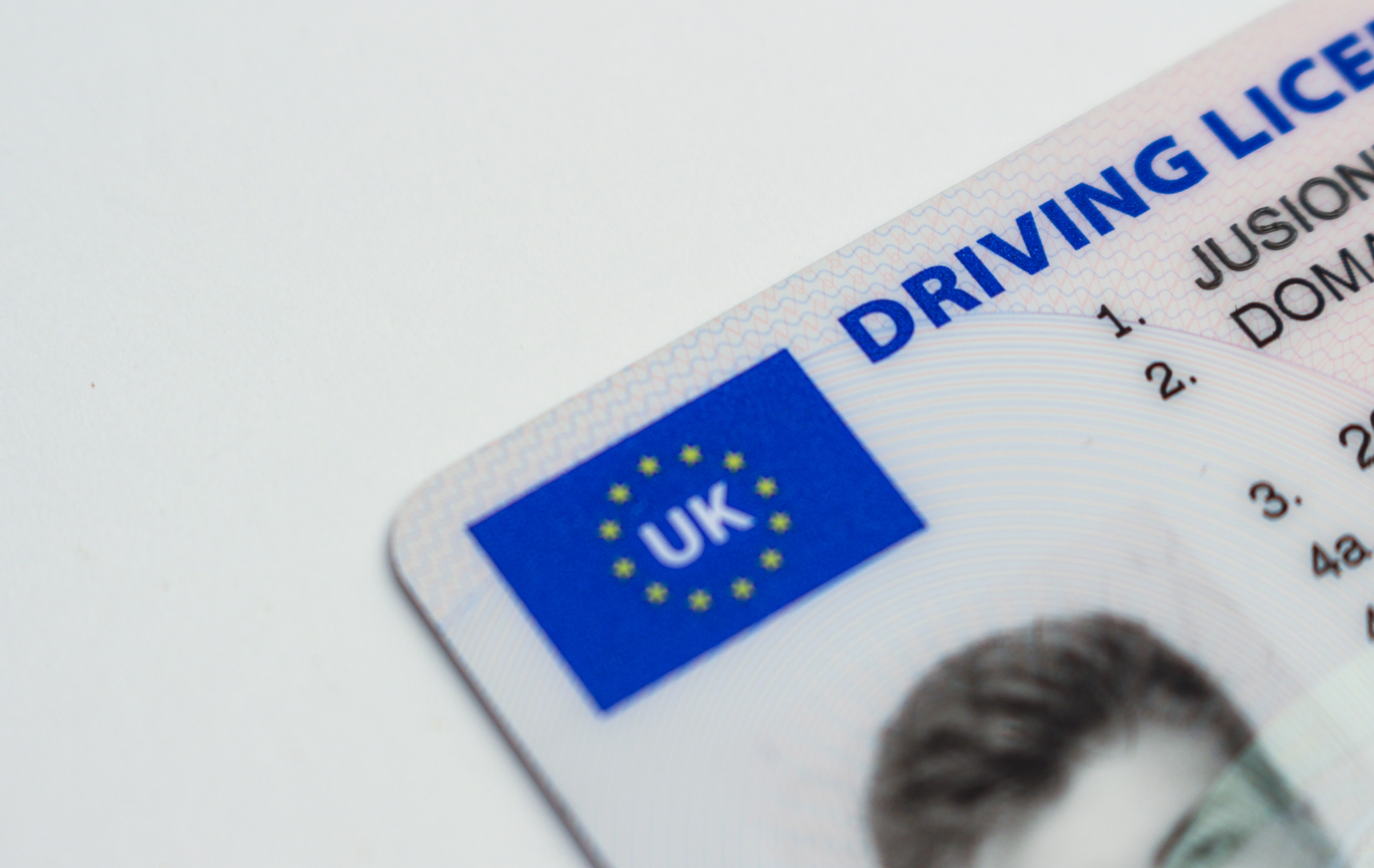As of 12.07.2019, it will not be allowed to copy identity documents (identity card, passport, driver's license, ID card and others), with exceptions under the law. Such a practice will not only be prohibited, but according to some commentators will be considered a crime, although the voices in this regard are divided - some believe that the crime will only be the circulation of so-called collector's cards. This is when the Law of November 22, 2018 on public documents will come into force.
Law It also prohibits the creation of replicas of documents, such as collector's evidence, which is a long-awaited change - especially by the financial industry - due to the high number of identity theft scams. This is a necessary change for factoring companies as well - it will become more difficult to steal the identities of, for example, factoring representatives/recipients or owners of companies that are participants in factoring transactions.
It will be possible to copy identity documents only if they are made for official, business or professional purposes as defined by separate regulations. I have written about the application to factoring companies of the Law of March 1, 2018 on the prevention of money laundering and financing of terrorism HERE. There is no doubt that factoring companies are mandatory institutions (subject to AML regulation). According to Article 36 of the aforementioned law, they are required to identify the customer and determine the beneficial owner. Article 34(4) of the aforementioned law explicitly indicates that "mandatory institutions for the purpose of applying financial security measures may process information contained in the identity documents of the customer and the person authorized to act on his behalf and make copies of them.". The above legalizes such action strictly for AML purposes.
However, we must not forget that the new law does not exclude the application of the RODO in this regard. The question will still have to be answered as to whether the practices under the RODO do not create a risk to the rights and freedoms of data subjects. Processing all data from the ID card (full copy) will still violate the principle of data minimization in cases where the processing of all data contained in the ID card is not necessary to achieve the purpose of processing under the AML. Therefore, one cannot exclude the need to implement methods of hiding part of the data when photocopying (stickers under the photocopier / marker / other more modern systems - such as templates in which the ID card is photocopied). In addition, do not forget that the RODO provides that, as a rule, the processing of personal data is possible only for the purpose for which the data was collected. This follows directly from paragraph 50 of the RODO preamble. while the RODO allows a rather vague procedure for legalizing such processing requiring consideration of, among other things, links between purposes, context, nature of data, consequences, etc. (cf. paragraph 50 of the preamble, Article 6(4), Article 13(3) RODO - requiring that the person be informed of further processing for another purpose). In addition, Article 17(1)(a) of the RODO provides a basis for requesting the controller to immediately erase her data if "the personal data are no longer necessary for the purposes for which they were collected or otherwise processed." To summarize -. personal data in the form of identity documents collected for AML purposes may not be used other than for that purpose only (with minor exceptions).
It will be forbidden not only to copy an ID card, but a large number of other identity documents indicated in the law, and even documents such as civil registration copies and others.
In summary - every facturer should review the compliance of its own practices (including AML practices) against the new law, especially due to the lack of knowledge of how the regulations will be applied, and due to the collision risks of AML-RODO-new law. Because of the vague provisions of the law - the scope of permitted copying of entire identity documents will continue to remain a mystery, until court rulings on the subject emerge.







